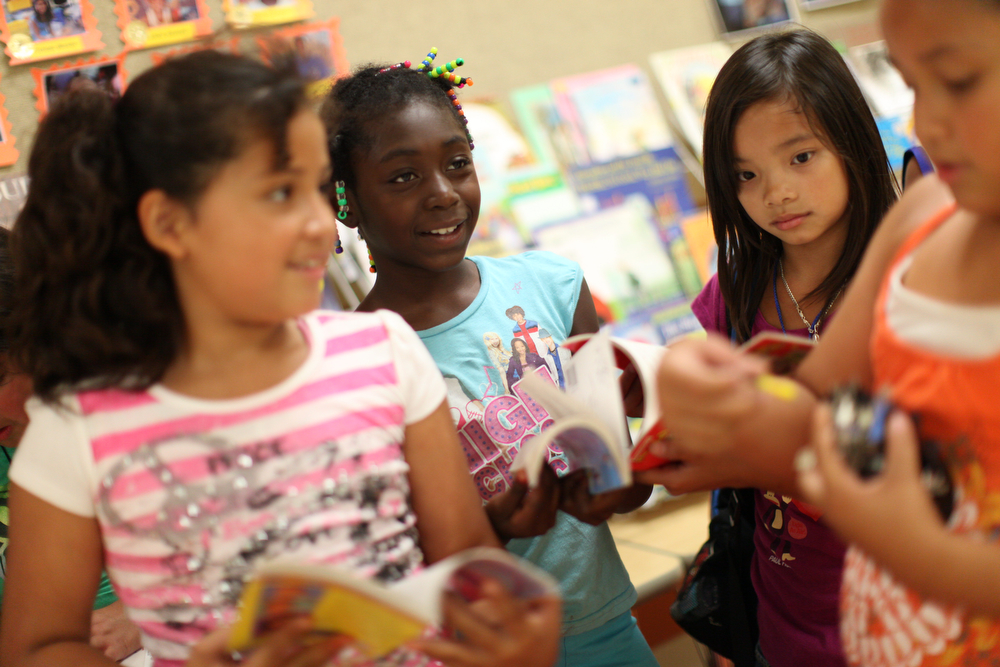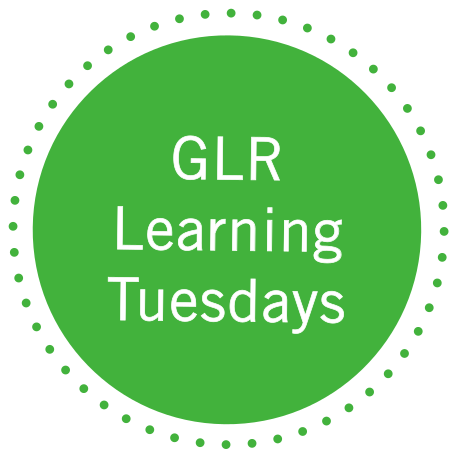
03:00 - 04:30 pm
Reading for Life: The Impact of Child Literacy on Health Outcomes, with Scholastic and Yale Child Study Center

“Everything that is so important to us about reading and literacy also has profound health impacts.” — Linda Mayes, M.D., Chair, Yale Child Study Center
In this Partners webinar, Reading for Life: The Impact of Child Literacy on Health Outcomes, the Campaign for Grade-Level Reading (CGLR) was honored to host the release of a new research paper produced by the Yale Child Study Center-Scholastic Collaborative for Child & Family Resilience. Reading for Life: The Impact of Youth Literacy on Health Outcomes outlines the impact of literacy on long-term health outcomes, including chronic illness rates, longevity, and other physical and mental health issues.
Moderated by Amanda Alexander, Ph.D., of Scholastic Education Solutions, the panel conversation provided background on the paper and grounded the research in everyday experiences that impact vulnerable children. Dr. Linda Mayes of the Yale Child Study Center provided an overview of the research and the findings, which included specific impacts on long-term health, noting that literacy is an important mediator between socioeconomic inequality and health disparities. She also cited specific examples of improved health outcomes — such as higher rates of preventive care, better diabetes and hypertension control over time, and reduced risks of violence and substance use — in adolescents with higher literacy rates.
Dr. Lee Beers, immediate past president of the American Academy of Pediatrics and currently with the Children’s National Hospital, shared more detail about the impact of the pandemic on children, especially those from vulnerable families, including significant disruptions, social isolation and lost learning. Our panelists along with audience members noted that literacy is indeed a public health issue. Dr. Beers shared “We absolutely know that for young people being able to see themselves in the world around them and in literature is affirming, and it helps them to know who they are, and that they’re not alone, and it helps them to thrive emotionally, physically, and it helps them to thrive in schools.
David Adams of Urban Assembly brought forward the importance of building social-emotional skills in children that carry through their lifespan. Adams noted that language development and social-emotional development are inextricably linked.
The panel stressed the importance of developing shared narratives from early in a child’s life that bring people together and build community, helping to mitigate the epidemic of isolation and loneliness recently noted by Surgeon General Vivek Murthy.
Reaching pre-service and practicing teachers and practicing health providers and those in training with this knowledge is critical to assuring that the professionals who interact most closely with families are highly attuned to the emotional needs of children and families and understand the links between literacy and health. Professionals with these skills and knowledge will help provide support for parents to reduce stress, allowing for greater parental responsiveness that, in turn, impacts children’s well-being over their lifetime.
Dr. Linda Mayes notes that “a literacy check is as vital as a pediatrician doing a weight check and a blood pressure check, setting lifelong trajectory for health.”


 All Events
All Events



